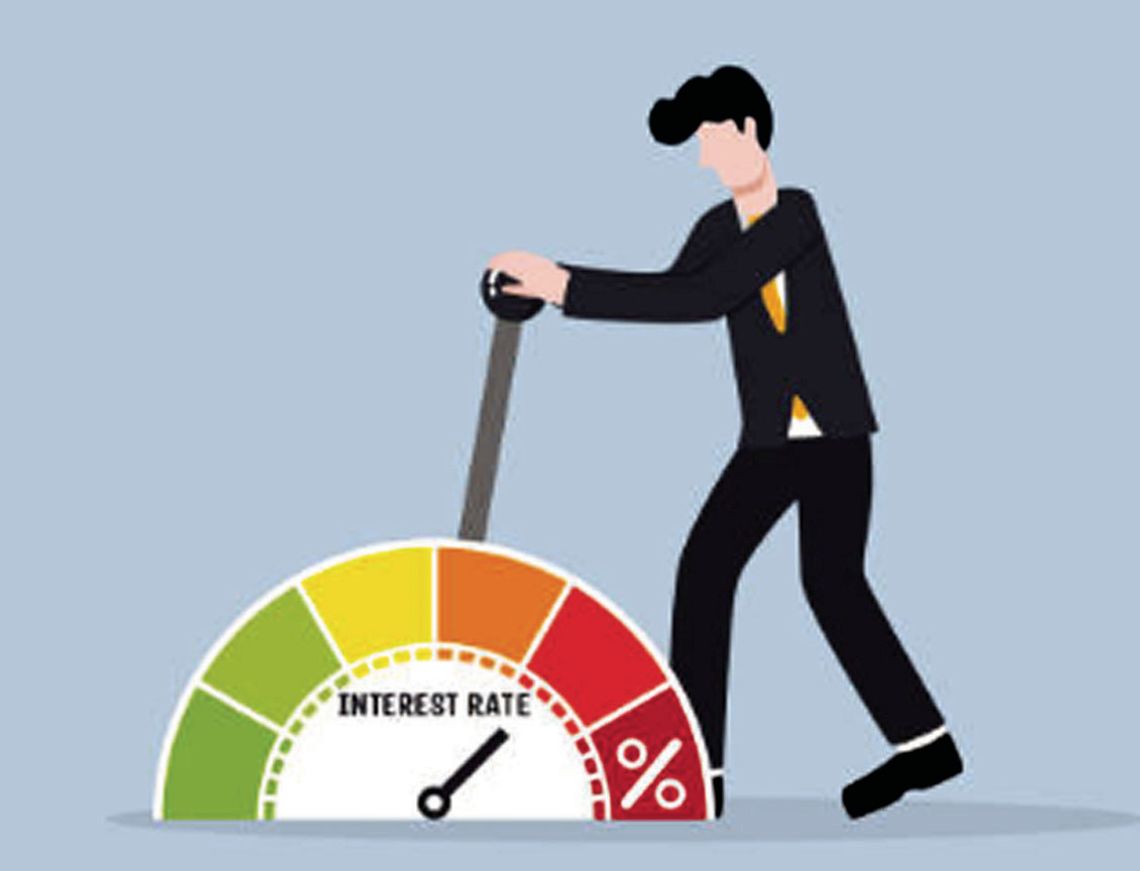Editorial
Political influence over central bank interest rate policy has arisen as an issue in the current presidential campaign. Regardless of how you sit on the political spectrum, this should scare the bejeesus out of you.
Let’s look at a couple of instances where a country’s presidents have exerted influence over central bank monetary policy, of which setting interest rates is the most important. Turkey is a good example how this can cause real problems.
Under President Recip Tayyip Erdogan, in power since 2002, Turkey has enjoyed an economy that grew substantially above world averages, for some years over 7 percent growth and averaging more than 5 percent per year for the past 20 years. Inflation was high by U.S. standards, in the 7-9 percent range, but not growing. In 2017 after an attempted coup, Erdogan rammed through changes in the nation’s constitution and assumed much more power for himself, including influence over central bank policy. Weakening support for Erdogan’s party in Turkish elections in 2019 and 2022 led to political pressure on the central bank to pursue a policy of artificially low interest rates, hoping that that would stimulate the economy.
Inflation in October 2019 was 8.5 percent, pretty consistent with the rates for the past decade. But it began climbing sharply as the central bank’s interest rates fueled inflation, topping out at 85.5 percent in October 2022. Coincidentally, Erdogan was facing his strongest electoral challenge in his presidency in early 2023. During the period leading up to the election, Erdogan fired and replaced several senior central bank presidents, arguably using his influence over the bank for political gain and, ironically, at the expense of the economy.
After the election, the central bank was allowed to raise interest rates, which are currently at 50 percent! Inflation, as of last month, was still at 62 percent in Turkey.
In the United States, a similar, but with a less catastrophic outcome, situation may have occurred prior to the presidential election of 1972. There is evidence from the Nixon Tapes, released in the early 2000s, that Nixon pressured Fed Chair Arthur Burns to follow an expansionist, low-interest rate policy prior to the election to help his electoral chances. This policy was really counter to the economic indicators at the time, which pointed to coming inflation. Some economists have argued that this possibly set the stage for the “stag-flation” that plagued both presidents Ford and Carter – remember Ford’s WIN (Whip Inflation Now) buttons.
It took a sustained effort over a period of years by the Fed to wring inflation out of the economy, with interest rates rising into the high teens, and a deep recession.
Inflation is tough for a central bank like the Federal Reserve to get under control, and the longer it goes on, and the higher inflation is, the more difficult. The Federal Reserve has the expertise to attack the problem, as much as anyone does. Let’s face it: setting macro-economic policy isn’t for amateurs, and is dangerous if done by politicians. Politicians always have an agenda, and it may not be the long-term health of the economy if there’s an election at stake.
Former Fed Chair Ben Bernanke said in 2010, “… the goals of monetary policy should be established by the political authorities, but that the conduct of monetary policy in pursuit of those goals should be free from political control.”
Arguments that all functions of government should be subject to politics are absurd. The overall policies of a government certainly should be decided by the representatives elected by the people, but the implementation of those policies are often complicated, and require people expert in the respective field to implement. In the case of the Federal Reserve, if the people decide that they don’t approve of how the Fed is managing interest rates, then they can elect new politicians who can appoint different Fed presidents when their term of office are up.
Any effort to weaken the independence of the Federal Reserve should be greeted with a resounding no.
.jpg)



